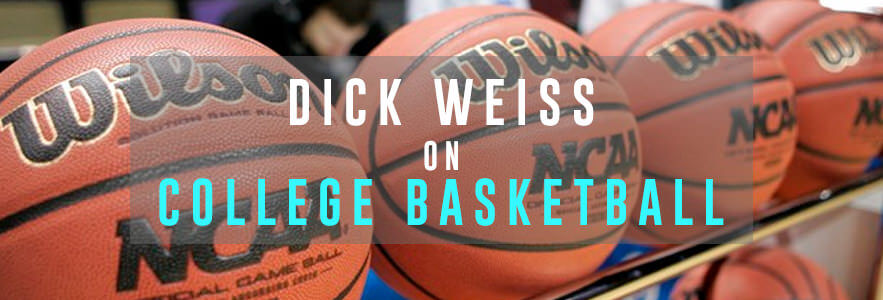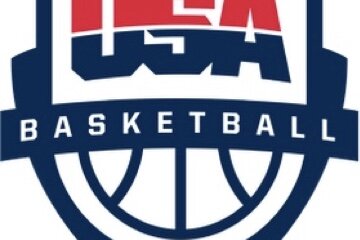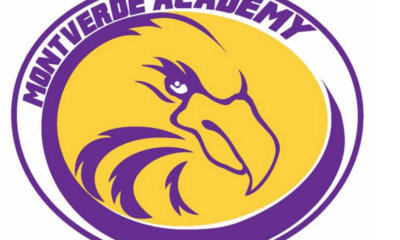
Dick Weiss on College Basketball
The NCAA’s Board of Governors voted unanimously to start the process of modifying its rule to allow college athletes to profit from their names, images and likenesses “in a manner consistent with the collegiate model.’’
The board directed all three divisions to begin figuring out how to update their rules in a way that maintains a distinction between college and professional sports. The members said in a release that all changes should make sure student-athletes have the same opportunities to make money as all other students, maintain the priorities of education and the college experience and ensure that rules are “transparent, focused and enforceable” and do not create a competitive imbalance. The board wants each division to implement new rules by Jan. 2021.
According to board chair Michel Drake, the modernization for the future is a natural extension of numerous steps NCAA members have taken in recent years to improve support for student-athletes, including full cost of attendance and guaranteed scholarships.
A working group, headed by Big East commissioner Val Ackerman and Ohio State AD Gene Smith, was formed in May, months after a pair of lawmakers proposed bills to make the NCAA’s rules about endorsement deals illegal in California. A law has since been passed that will prohibit state schools from punishing their athletes for accepting endorsement money as of 2023.
U.S. Congressman Mark Walker (R-NC) proposed a bill to change the federal tax code in a way that likely would force the NCAA to give all student-athletes the right to sell their names, images and likenesses. The current proposal would create an unrestricted market for college athletes to seek endorsement deals. Walker said he hoped to bring the bill to a vote in early 2020, which could mean it goes into effect in 2021.
Walker said he plans to continue moving forward with proposed legislation to make sure the NCAA’s announcement this week into real action. More than a dozen states—including Florida– have expressed interested in creating laws like California in the past several months.
The variety of solutions proposed in different states prompted NCAA leaders including president Mark Emmert to say they would prefer a uniform national law or rule that applies to all members. The NCAA has no idea what form their new rules would take, leading Ramogi Huma, the founder of the National College Players Association, to suggest the NCAA is stalling.
The NCAA never wanted this. Until it comes up with a real game plan, it will be hard to accept anything it says in a hazy, imprecise statement that leaves room for too many restrictions.






